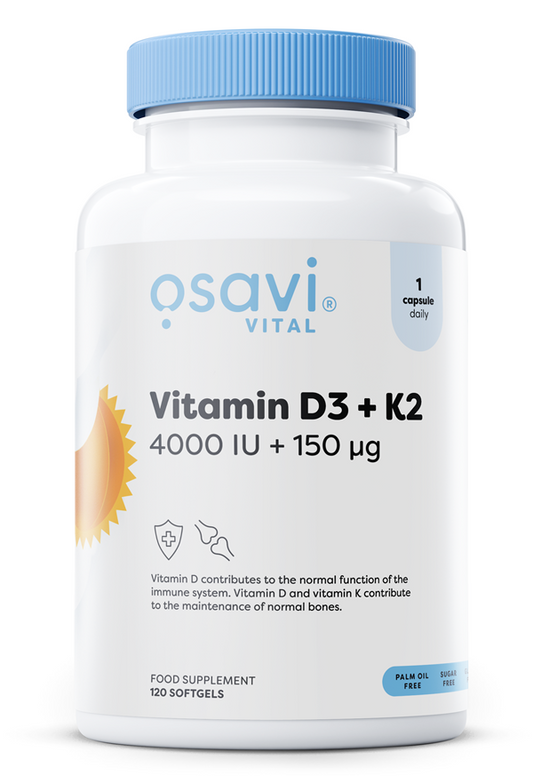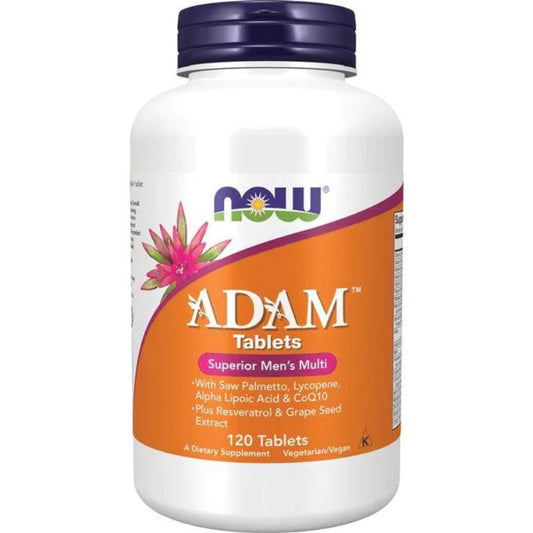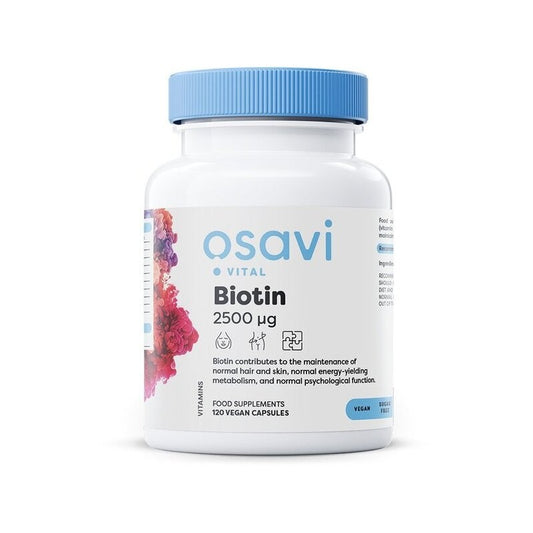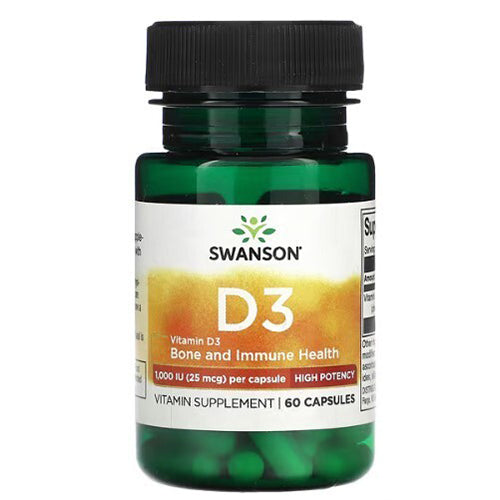
Fatty Liver Disease – How to Support Your Liver Naturally and Improve Metabolism
Jakub SkibaFeeling constantly tired, noticing extra belly fat, experiencing bloating, or seeing abnormal liver markers on your blood test? Fatty liver disease may be the hidden culprit. It’s one of the most common liver conditions worldwide, often developing silently over years. Many people don’t realize they have it until routine tests reveal elevated liver enzymes or imaging shows fat accumulation. Fatty liver is closely linked to poor diet, sedentary habits, hormonal imbalances, excess sugar intake, and even disrupted sleep. The good news is that with the right nutrition, supplements, and lifestyle habits, fatty liver is highly manageable and often reversible. In this article, we’ll explain what fatty liver disease is, common symptoms and risk factors, and step-by-step natural ways to protect your liver, boost metabolism, and enhance overall health.
What Is Fatty Liver Disease?
Fatty liver disease happens when excess fat builds up in your liver cells. While a small amount of fat is normal, too much can impair liver function, trigger inflammation, and, over time, lead to scarring or more serious liver damage. There are two main types:
Non-Alcoholic Fatty Liver Disease (NAFLD): The most common form, not caused by alcohol, often linked to weight, blood sugar imbalances, and diet.
Alcoholic Fatty Liver Disease (AFLD): Resulting from long-term heavy alcohol consumption.
NAFLD affects up to 25% of adults worldwide—even some who are not overweight or don’t drink alcohol. It often develops silently but can progress to NASH (non-alcoholic steatohepatitis), a more serious condition involving liver inflammation and damage.
Symptoms and Risk Factors
Symptoms:
-
Persistent fatigue or low energy
-
Mild discomfort or dull pain in the upper right abdomen
-
Unexpected weight gain, especially around the waist
-
Bloating or abdominal fullness
-
Elevated liver enzymes detected in blood tests
Risk Factors:
-
Overweight or obesity
-
Type 2 diabetes or insulin resistance
-
High cholesterol or triglycerides
-
Poor diet and sedentary lifestyle
-
Sleep issues or hormonal imbalances
-
Frequent alcohol consumption (for AFLD)
How Metabolism Affects Liver Health
Your liver is a metabolic powerhouse, responsible for processing nutrients, producing energy, regulating blood sugar, and breaking down fats and toxins. When liver function is impaired, metabolism can slow down, leading to weight gain, fatigue, and fat accumulation—especially around the abdomen. Poor metabolism can also make it harder for your body to use carbohydrates, proteins, and fats efficiently, which increases the risk of insulin resistance and further liver stress.
Supporting your metabolism is a key part of protecting your liver. Regular physical activity boosts calorie burning and helps the liver process fat more effectively. Eating balanced meals with protein, fiber, and healthy fats stabilizes blood sugar and reduces fat storage in the liver. Staying hydrated and getting adequate sleep ensures your body’s metabolic processes run smoothly. Avoiding excessive sugar, processed foods, and alcohol prevents unnecessary strain on liver metabolism and supports long-term liver health.
Key Nutrients to Support Liver Health
Optimizing liver function through nutrition can reduce fat accumulation, inflammation, and oxidative stress.
Omega-3 Fatty Acids: Support fat metabolism, lower triglycerides, and may reduce liver fat. Found in salmon, sardines, flaxseeds, and walnuts.
Vitamin E: A potent antioxidant that protects liver cells and may reduce inflammation in NASH (under medical supervision). Sources include nuts, seeds, and leafy greens.
Choline: Essential for transporting fat out of the liver. Low levels worsen fat buildup. Found in eggs, soybeans, and liver.
Milk Thistle (Silymarin): Herbal extract that supports liver repair, fights oxidative stress, and aids detoxification.
Vitamin D: Low vitamin D is common in fatty liver and may exacerbate inflammation. Sunlight, fatty fish, fortified foods, or supplements help maintain healthy levels.
Lifestyle Habits That Support Liver Health
Healthy habits can reverse or prevent fatty liver when done consistently.
1. Eat a Nutrient-Dense, Whole-Food Diet
-
Focus on vegetables, lean protein, whole grains, healthy fats (olive oil, nuts), and fiber.
-
Avoid processed foods, fried items, sugary snacks, and high-fructose corn syrup.
2. Exercise Regularly
-
Even moderate activity, like 30–45 minutes of walking, cycling, or strength training most days, reduces liver fat and improves metabolism.
3. Maintain Consistent Meal Timing
-
Avoid skipping meals or eating late at night. Your liver needs a regular schedule to optimize fat metabolism.
4. Reduce Sugar and Refined Carbs
-
Excess sugar is converted into liver fat. Minimize soda, fruit juices, pastries, and refined carbs.
5. Stay Hydrated
-
Adequate water intake supports liver detoxification and metabolic function. Add lemon or herbs for flavor without sugar.
6. Prioritize Sleep
-
Aim for 7–9 hours nightly. Poor sleep is linked to higher liver fat and disrupted insulin regulation.
7. Manage Stress Effectively
-
Chronic stress increases cortisol, which can promote fat storage in the liver. Practice deep breathing, meditation, yoga, or short mindfulness breaks.
8. Limit Alcohol
-
Even moderate consumption can worsen liver fat accumulation in susceptible individuals. Consider reducing or abstaining, especially if you have elevated liver enzymes.
9. Support Gut Health
-
A healthy gut microbiome is linked to reduced liver inflammation. Include prebiotic and probiotic foods like yogurt, kefir, sauerkraut, and fiber-rich vegetables.
When to See a Doctor
If blood tests reveal elevated liver enzymes, or you have risk factors like obesity, diabetes, or high cholesterol, talk to your healthcare provider. Early detection allows you to take effective action before serious liver damage develops. Imaging tests like ultrasound or FibroScan can assess liver fat and fibrosis levels.










